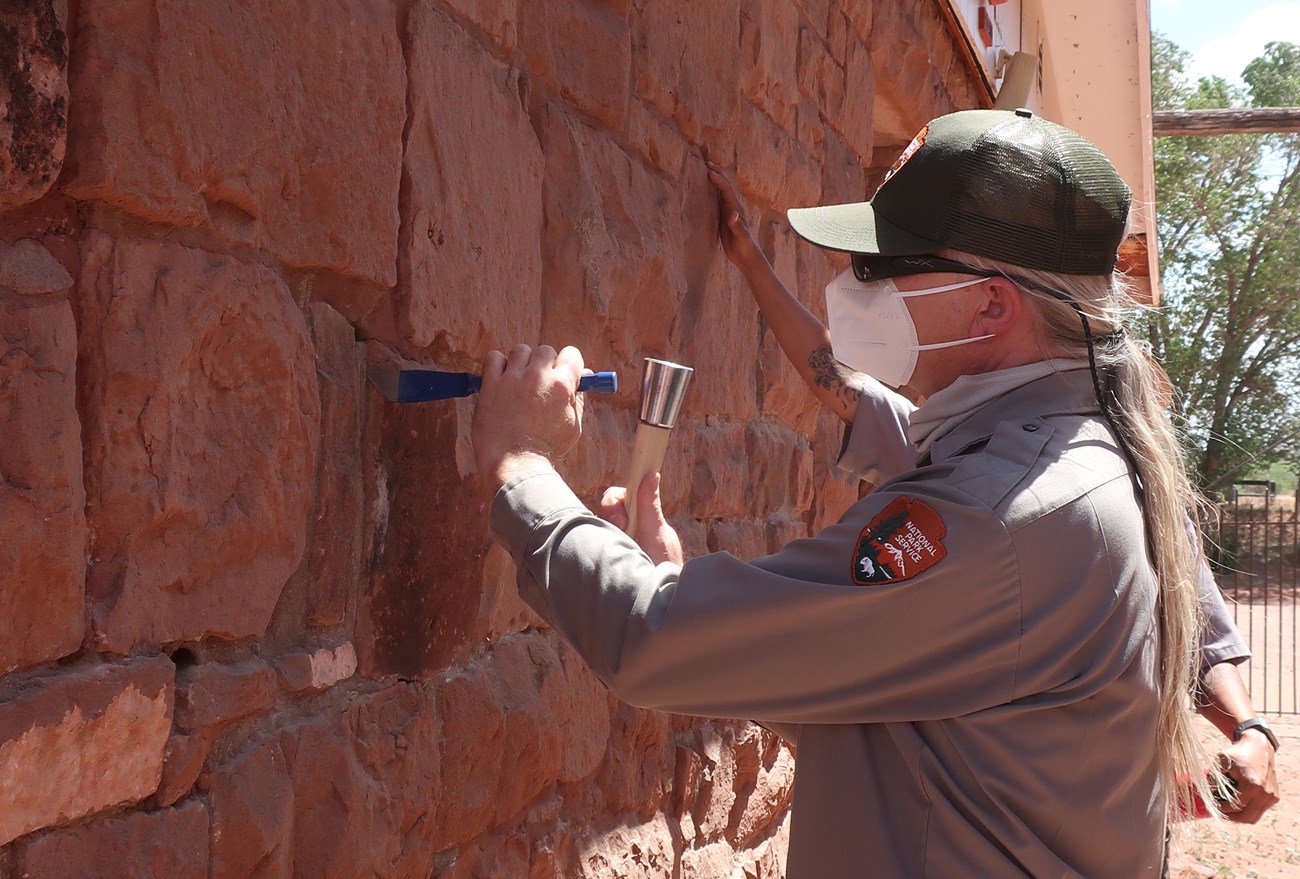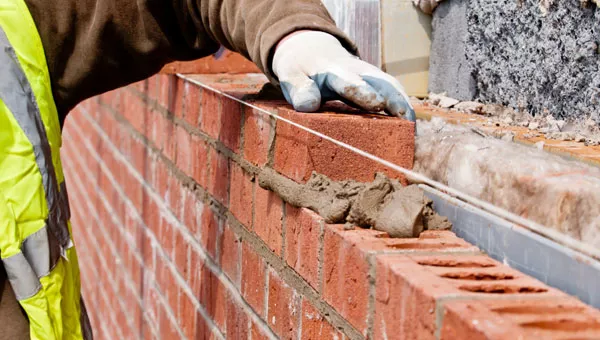High-grade Roofing Contractor Services for Your Home
High-grade Roofing Contractor Services for Your Home
Blog Article
Opening the Tricks of Sustainable Masonry Building Practices for Eco-Friendly Structures
Amongst the myriad approaches to environmentally friendly structure, lasting stonework construction stands out as a tried and true and resilient method that holds a wide range of untapped potential. From the choice of products to ingenious construction methods, the keys to achieving sustainability within masonry building and construction are diverse and intriguing.
Advantages of Lasting Stonework Building
Embracing sustainable stonework building and construction techniques not only minimizes environmental effect however likewise provides long-term financial advantages to building contractors and communities. By making use of products like recycled blocks, obstructs, and rocks, builders can considerably decrease the carbon impact of their jobs while promoting resource effectiveness. Furthermore, sustainable stonework construction techniques, such as correct insulation and thermal mass buildings, can enhance energy efficiency within structures, resulting in reduced functional expenses with time.
Additionally, the durability and resilience of masonry frameworks add to long-term economic benefits. Structures created making use of sustainable stonework techniques often require much less upkeep and fixing, equating to cost savings for building contractors and homeowner. The durability of masonry materials also guarantees that frameworks continue to be stable and safe, reducing the demand for regular renovations or substitutes.
Eco-Friendly Stonework Materials
Using environment-friendly stonework materials is a crucial action towards boosting the sustainability of building practices and reducing ecological impact while taking full advantage of long-term economic advantages. Lasting masonry materials are sourced, created, and used in a manner that lowers total ecological impact. Materials such as recycled bricks, reclaimed rock, and sustainable concrete blocks are becoming progressively prominent options for eco-conscious building contractors. Recycled blocks, for instance, not just draw away waste from landfills however likewise require less energy to generate compared to new blocks. Reclaimed rock offers a special visual charm while decreasing the need for new quarrying. Sustainable concrete blocks integrate recycled accumulations and may feature better insulation properties, adding to energy efficiency in structures.
Moreover, natural materials like adobe, rammed earth, and straw bales provide excellent thermal mass residential properties, decreasing the demand for heating and cooling energy. These products are typically in your area offered, advertising regional economies and decreasing transportation-related carbon discharges. By choosing environmentally friendly stonework products, building tasks can dramatically lower their environmental footprint and add to the production of much healthier, more sustainable developed settings.
Energy-Efficient Stonework Strategies
Energy effectiveness plays an important function in boosting the sustainability of stonework building techniques. By applying energy-efficient masonry techniques, home builders can considerably reduce the general power intake of a building, leading to lower operational expenses and a smaller sized ecological impact. One key energy-efficient stonework technique is making use of thermal mass, which includes including dense materials like concrete or block right into the building's framework to absorb and store warm. This aids regulate interior temperatures, lowering the requirement for mechanical home heating and cooling systems.

Developments in Sustainable Masonry
Current advancements in lasting masonry practices have produced ingenious strategies that are improving the building and construction industry. One such technology is the development of self-healing concrete, which uses microorganisms installed within the concrete to recover cracks autonomously. This development not only minimizes maintenance expenses yet additionally boosts the longevity of masonry structures, adding to their sustainability.
An additional noteworthy development is making use of recycled accumulations in masonry building and construction - masonry contractor. By incorporating materials such as crushed ceramic waste or recycled glass right into concrete mixes, home builders can reduce the ecological impact of building jobs while keeping architectural integrity. This method not just draws away waste from land fills yet likewise saves all-natural sources, making it a key advancement in sustainable masonry construction
Additionally, the integration of electronic layout devices, such as Structure Info Modeling (BIM), is transforming the method masonry structures are prepared and constructed. BIM enables more specific estimations, decreased product wastefulness, and boosted power effectiveness, ultimately resulting in more sustainable structure techniques. These developments jointly signify an appealing future for sustainable masonry construction in the era of green structures.
Future Trends in Stonework Sustainability
With the innovative strides made in lasting masonry techniques, the future fads in stonework sustainability are poised to more reinvent the building industry. One of the key fads forming the future of masonry sustainability is the boosted assimilation of innovation. Developments such as Building Information Modeling (BIM) and virtual fact simulations are being used to optimize stonework construction procedures, resulting in reduced product waste and enhanced energy performance in buildings.
Additionally, the growth of unique sustainable products is readied to play a substantial function in boosting the eco-friendliness of masonry construction. masonry contractor. Developments like self-healing concrete, recycled accumulations, and bio-based binders are acquiring grip for their capability to lessen environmental influence while preserving structural stability

Final Thought
In verdict, lasting stonework building and construction techniques offer numerous benefits for green buildings. By using environment-friendly products and energy-efficient methods, stonework can contribute to a more sustainable built environment. Innovations in sustainable stonework are continually being created to further improve the ecological efficiency of structures. Looking in the direction of the future, the fad of stonework sustainability about his is anticipated to expand, resulting in more ecologically pleasant and energy-efficient construction methods in the years to find.
Report this page